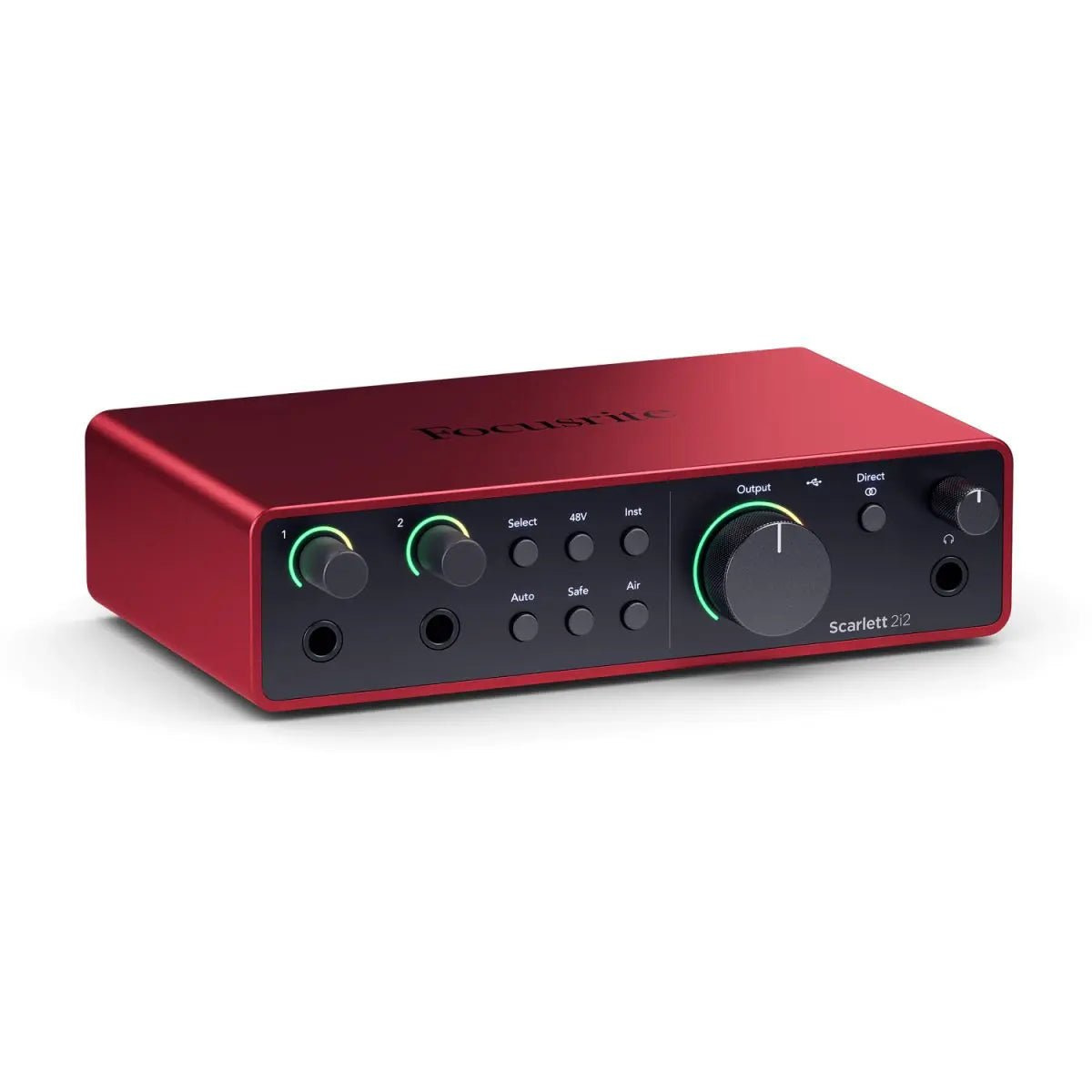
FL Studio vs Ableton vs Logic: Which DAW is the best?
As a music producer or aspiring audio engineer, choosing the right Digital Audio Workstation (DAW) is a pivotal decision that can shape your creative process and workflow. Among the sea of DAWs, three names often come up in the debate of which is the best: FL Studio, Ableton Live, and Logic Pro. Each DAW holds its own in the music production scene, but which one reigns supreme? In this blog post, we'll dive into the strengths and weaknesses of each to determine which DAW might be the best fit for you.
Understanding Digital Audio Workstations - DAWs
Before we compare FL Studio, Ableton Live, and Logic Pro, it's essential to understand what makes a DAW integral to music production. A DAW is a software platform that allows you to record, edit, mix, and produce audio files. Modern DAWs offer a broad range of features including MIDI support, virtual instruments, effect plugins, and advanced editing capabilities.
FL Studio: The Beat Maker's Paradise
• Ease of Use and Pattern-Based Composition
FL Studio shines with its user-friendly interface and pattern-based approach, making beat-making and electronic music production intuitive and fast. It's particularly favored by beginners and those transitioning from traditional hardware setups.
• Wide Array of Built-in Plugins and Sound Library
With an extensive collection of samples and plugins right out of the box, FL Studio offers a vast sound palette for producers to work with, reducing the need for external plugins.
• Lifetime Free Updates
One of FL Studio's unique selling points is the promise of lifetime free updates, meaning you pay once and get all future updates without additional costs.
Ableton Live: The Live Performance Powerhouse
• Session View and Arrangement View
Ableton sets itself apart with two main work environments: the Session View for live performances and improvisation, and the Arrangement View for traditional track composition.
• Intuitive Workflow for Electronic Music
Ableton Live's workflow is geared towards electronic music creation and live performances, making it a staple for DJs and live performers because of its seamless looping and sampling capabilities.
• Max for Live Integration
With Max for Live, users have unprecedented access to a world of custom devices and the ability to create their instruments and effects.
Logic Pro: The Professional's Choice
• Sophisticated Recording and Mixing Features
Logic Pro, exclusive to Mac users, provides an advanced set of recording and mixing tools that meet professional industry standards, making it a go-to for engineers and session musicians.
• Seamless Integration with Apple Ecosystem
Being an Apple product, Logic Pro offers seamless integration with other Apple software and hardware, benefiting those fully invested in the Apple ecosystem.
• Comprehensive Library and Plugin Suite
Logic Pro boasts an incredibly comprehensive library of sounds and a sophisticated suite of plugins that provide great value, given its one-time purchase model.
Conclusion: Choosing the Right DAW for You
The best DAW is the one that suits your specific needs, workflow, and budget. FL Studio could be the ideal choice for beatmakers and those who prefer a pattern-based approach. Ableton Live might be the best fit for electronic music producers and live performers due to its unique session view and live performance features. Logic Pro is often the top pick for professionals looking for advanced recording and mixing capabilities, especially if they are already within the Apple ecosystem.
Ultimately, the decision of FL Studio vs Ableton vs Logic isn't about which is the best DAW in general, but which is the best DAW for you. Each one offers a free trial period, so take the time to explore and experiment with each one before making your investment. Remember, the DAW is a tool to aid your creativity, and your choice should empower you to make music that resonates with your vision and style.

